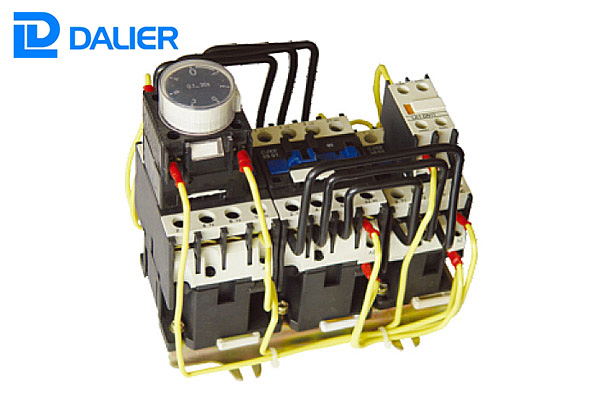How Often Should You Change Your Starter?
The starter is a crucial component of a vehicle's electrical system. It is responsible for initiating the engine's operation by cranking the engine over when you turn the key in the ignition. However, unlike some vehicle parts with recommended replacement intervals, there's no set time or mileage for changing a starter.

Understanding the Starter's Lifespan
A well - maintained starter can last a long time. In many cases, starters can serve for 100,000 miles or more. However, several factors can influence its longevity. The quality of the starter itself matters. High - quality aftermarket starters or original equipment starters tend to be more durable. For example, starters made by well - known automotive parts manufacturers often use better - quality materials and more precise manufacturing processes, which can enhance their lifespan.
Factors Affecting Starter Longevity
1. Frequency of Use
Frequent short trips can be hard on the starter. When you start a vehicle, the starter motor draws a large amount of electrical current. If you make a lot of short trips, say multiple times a day for short distances like a few miles each, the starter is constantly being engaged and disengaged. This repeated stress can cause the internal components of the starter, such as the solenoid and the brushes, to wear out more quickly. In contrast, a vehicle that is used mainly for long - distance highway driving may put less strain on the starter since it's only started a few times during a long journey.
2. Electrical System Health
A healthy electrical system is essential for the proper functioning of the starter. A weak or faulty battery can force the starter to work harder. If the battery doesn't provide the correct voltage or has a low charge, the starter has to draw more current to turn the engine. This extra load can overheat the starter and lead to premature wear. Additionally, problems with the alternator, which is responsible for charging the battery while the engine is running, can also affect the starter. If the alternator is not generating enough power or is supplying inconsistent voltage, it can impact the electrical supply to the starter.
3. Climate Conditions
Extreme temperatures can also impact the lifespan of a starter. In cold weather, the engine oil becomes thicker, increasing the resistance the starter has to overcome to turn the engine. This extra effort can put more stress on the starter components. In hot climates, the high ambient temperature can cause the starter to overheat more easily, especially if the vehicle's cooling system is not effectively dissipating heat from the engine compartment.
Signs That It's Time to Replace the Starter
1. No Response When Turning the Key
If you turn the ignition key and hear nothing, not even a clicking sound, it could be a sign of a failed starter. This could be due to a completely worn - out solenoid, a broken motor, or a problem with the electrical connections to the starter.
2. Grinding Noise
A grinding noise when starting the engine is another tell - tale sign. This often indicates that the starter's drive gear is not engaging properly with the engine's flywheel. The teeth on either the drive gear or the flywheel may be worn down, causing the grinding noise.
3. Intermittent Starting Issues
If your vehicle starts sometimes but not others, and there are no other obvious problems with the battery or ignition system, the starter could be the culprit. This intermittent behavior may be due to a loose connection within the starter, or the brushes inside the starter motor may be worn to the point where they don't always make good contact.
In conclusion, while there's no fixed schedule for replacing a starter, being aware of how your vehicle starts and understanding the factors that can affect the starter's lifespan can help you detect problems early and ensure that your vehicle's starting system remains in good working order. Regular vehicle maintenance, including checking the electrical system and addressing any starting - related issues promptly, can go a long way in extending the life of your starter.




